There were no results found for your filters.

I helped conceive and develop the Fermi Gamma-Ray Space Telescope Large Area Telescope.

Shiva Abbaszadeh’s research focuses on developing new instrumentation, computational approaches, and measurement techniques for radiation detection and biomedical imaging.

My research investigates Physics beyond the Standard Model, especially theories with supersymmetry.

I study the formation, nature, and evolution of the universe, focusing primarily on the model of eternal inflation and what it means for the beginning of the universe and time.

I am a theoretical particle physicist. I study the properties and interactions of the known fundamental building blocks of matter and develop ideas to search for new elementary particles.

I study experimental particle physics.

I study theoretical astrophysics.

I conduct research in theoretical physics, especially elementary particle physics, astrophysics and cosmology. Work includes studies of the Standard Model and Physics Beyond, cosmic inflation, dark matter and dark energy.

I work on fundamental physics and instrumentation, with the current focus on ATLAS ITk (production of strip sensors and modules) and HPS experiment.

I use telescopes to discover and characterize astrophysical transients such as supernovae, gravitational wave events, and other exploding stars.
Assistant Adjunct Professor

My research interests are physics beyond the standard model, higgs physics & electroweak symmetry breaking, dark matter & dark sectors, collider physics, flavor models & cp violation, and neutrino physics.

My research interests are mainly in the area of experimental particle physics although I have worked in other scientific areas that can profit from similar technological development.

My research is focused on the formation and evolution of galaxies—specifically, their accretion/cannibalism history, dark matter content, chemical enrichment, and star formation history.

My research addresses theoretical and phenomenological aspects of high energy elementary particle physics with special attention to the role of the Higgs boson and new fundamental particles not yet discovered.

With the SCIPP ATLAS group, I search for new fundamental particles and interactions in high-energy particle collisions, and prepare for the next generation of particle colliders.

My research focuses on observational cosmology and particle astrophysics, including constraints on the nature of dark matter and dark energy and studies of the evolution of galaxies.

I develop electronics and detectors for proton-CT and the AESOP-Lite high-altitude balloon experiment.

The core of my research focuses on understanding the co-evolution between dark matter and galaxy formation.

My research interests are in experimental particle physics and neurobiology. In particle physics, I work with the ALEPH experiment at CERN. In neurobiology, I focus on the neural code between the eyes and brain.

My current research interests have focused on theoretical cosmology and the high-redshift universe, especially on the physics of the intergalactic medium and the history of star formation in galaxies.
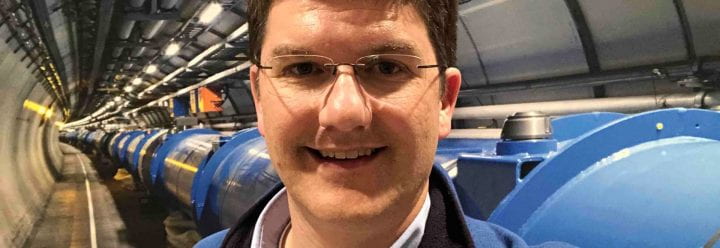
My research deals with the interactions of elementary particles, the basic components of all matter. The main focus is the physics of the Higgs boson, especially the decay to bottom quarks. This research is conducted with the ATLAS experiment at CERN.

Our current research interests are in the area of CMOS Mixed Signal integrated circuit and microsystem design particularly those systems involving optics and optoelectronics.

Dr. Joel R. Primack specializes in the formation and evolution of galaxies and the nature of the dark matter that makes up most of the matter in the universe.

My research examines the nature of gas both within and outside of galaxies, primarily during the first few billion years of the universe.
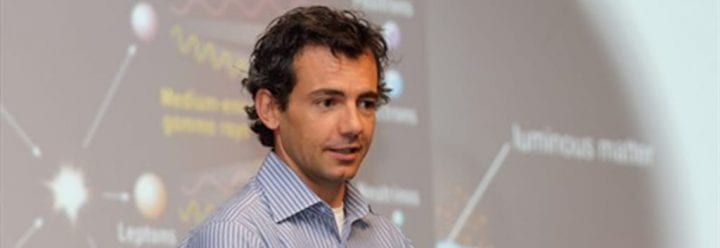
I investigate new physics beyond the Standard Model with a focus on dark matter, baryogenesis, and new particles and their interactions.
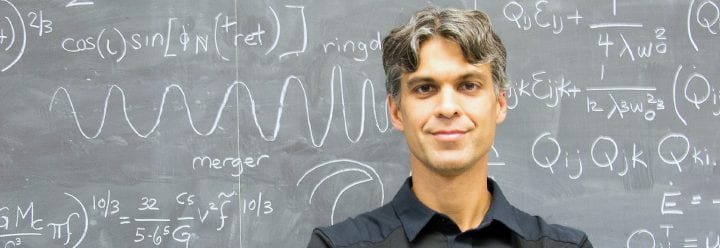
I research the violent and capricious nature of the universe. I use computer simulations to explore transient phenomena such as collisions, mergers, and disruptions of stars—especially those involving compact objects.
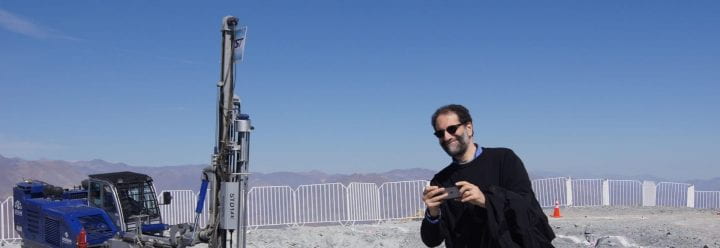
My current interests include dark energy studies using weak lensing and searches for signatures of dark matter.
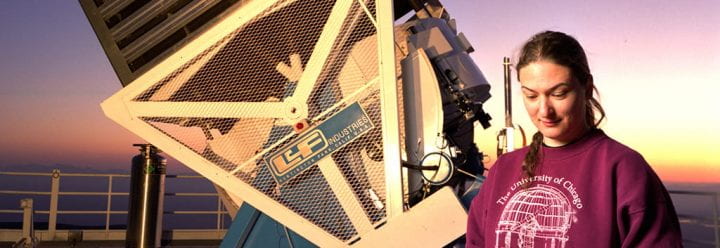
I study the Milky Way galaxy to find out how and why it evolved to its present state.
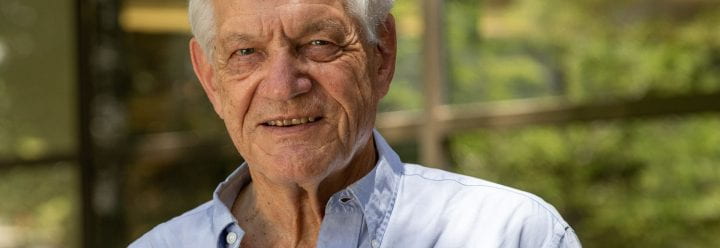
My research in experimental particle physics extends to novel instruments with applications in High Energy Physics, Astrophysics and Medicine.
Presently I develop ultra-fast silicon detectors for the pico-second region.

I study experimental particle physics.

I am an experimental particle physicist with broad interests in both the fundamental interactions among particles and the development of detectors to study such interactions.
I am a high-energy theoretical physicist, working primarily on problems on the interface of quantum information and quantum gravity. I am currently focusing on the black hole information paradox and what recent insights into its resolution can teach us about quantum cosmology. I am also interested in formal aspects of quantum field theory.
My research focuses on the retina and visual system. I use large scale multielectrode recording systems developed by physicists, biologists, and engineers to study the function, development, and treatment of neural circuits.

I am a member of the VERITAS and CTA collaborations, pursuing the study of high-energy gamma-rays from astrophysical objects.

